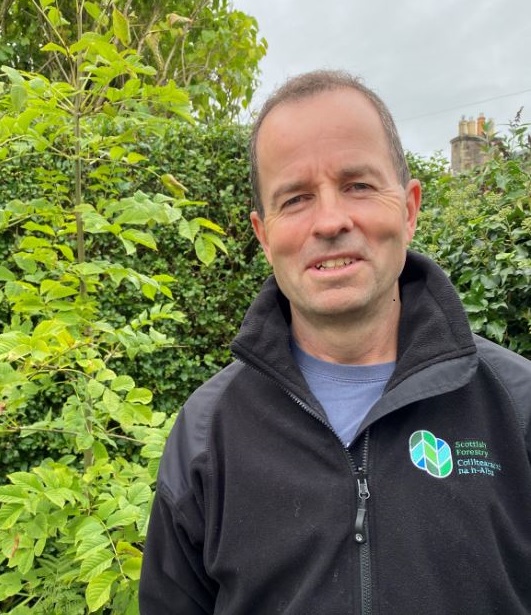
Leugh sa Ghàidhlig | Darllen yn y Gymraeg
Welcome to the Woodland Carbon Code’s 2024 to 2025 annual report.
It’s been a busy year as we continue to help land managers develop woodland carbon projects across the UK.
Our impact
The code is continuing to make a significant contribution to woodland creation and UK greenhouse gas targets.
In 2024 to 2025, 141 projects were validated to the code, covering almost 5,000 hectares.
Projects validated to the code are now predicted to sequester 29.1 million tonnes of carbon dioxide equivalent over their lifetime.
Development and improvement
We are committed to improving and developing the code so we can have an even greater impact in future.
In 2024 to 2025, we have expanded our team, enhanced our communications and engagement activity and taken further measures to strengthen the processes that underpin the code, including developing template buyer-seller agreements.
We are excited to be part of a new CivTech Challenge, exploring how we can use innovative technologies to make our monitoring and administration processes more accessible, accurate and efficient.
Wider context
There have been important developments in nature markets. We were pleased to welcome the publication of:
• The UK Government’s Voluntary and Nature Markets Integrity Principles
• The Scottish Government’s Natural Capital Market Framework
• The Welsh Government’s consultation on sustainable investment principles
We have also engaged with the suite of nature market standards being developed by the British Standards Institution.
These initiatives are an important recognition of the value of high integrity voluntary nature markets in addressing the climate and biodiversity crises.
Thank you
I would like to thank all of our partner organisations, project developers and carbon buyers for your support over the last year.
By working together, we are making a vital contribution to our natural environment and helping to address the climate crisis.
Pat Snowdon
Head of Economics and the Woodland Carbon Code
Scottish Forestry
Please email us if you would like to request a Gaelic or Welsh version of this annual report.













